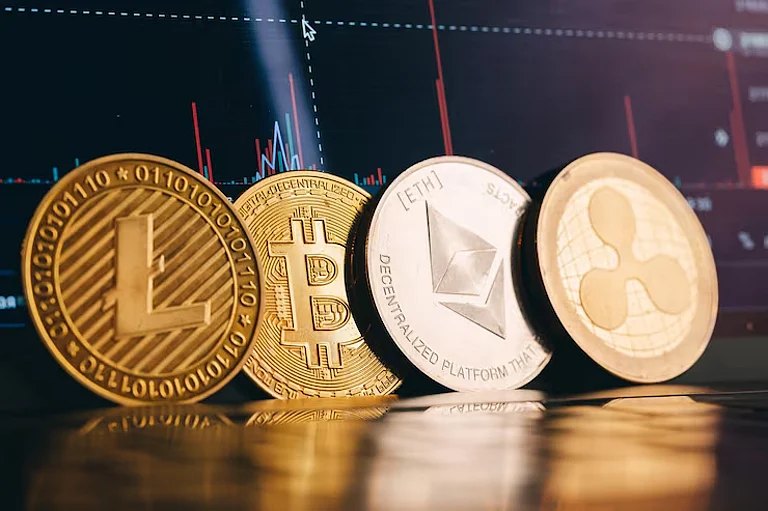Indian markets experienced one of its worst falls on Monday. The stock market saw a major crash today triggered by reports of recession in the US and growing tensions in the Middle East. BSE Sensex and Nifty registered high losses in India during the opening trade on August 5.
Sensex fell by around 2400 points to 78,385.49, while Nifty tumbled 463.50 points to 24,254.20.
With this crash, the benchmark indexes of Nifty and Sensex saw their 14-year winning streak get snapped. One of the major reasons behind the crash was the global selloff amid reports of a weak US economy.
In view of this, the Indian Rupee also fell to an all-time low of 83.80 compared to the US Dollar.
Apart from India, Japan's Nikkei 225 stock index also sunk as much as 8.1 per cent early Monday.
South Korea's Kospi dropped by 4.7 per cent, Australia's ASX200 fell 3 per cent, and Hong Kong's Hang Seng edged 1 per cent lower.
US stock futures also fell with Dow Jones Industrial Average sinking by 383 points. S&P 500 futures and Nasdaq-100 futures dipped by 1.6 per cent and 2.5 per cent, respectively.
Why Are Markets Falling?
The data released on Friday showed that US jobs growth slowed down more than experts expected in July. These reports and data sparked fears of an economic slowdown which reflected in global equities.
"The rally in the global stock markets has been driven mainly by consensus expectations of a soft landing for the US economy. This expectation is now under threat with the fall in US job creation in July and the sharp rise in the US unemployment rate to 4.3 per cent," V K Vijayakumar, Chief Investment Strategist, Geojit Financial Service told news agency PTI.
"Geopolitical tensions in the Middle East also are a contributing factor," he added further.






















.png?w=200&auto=format%2Ccompress&fit=max)




